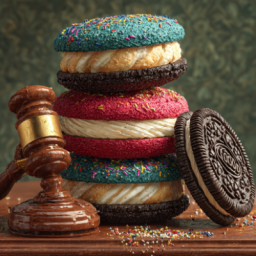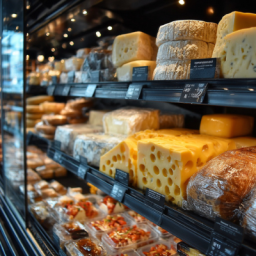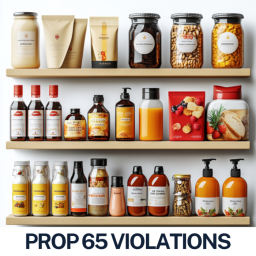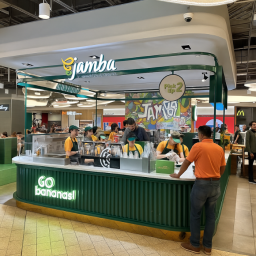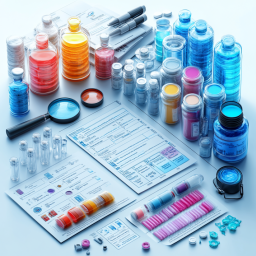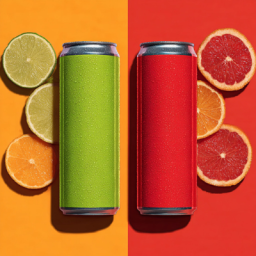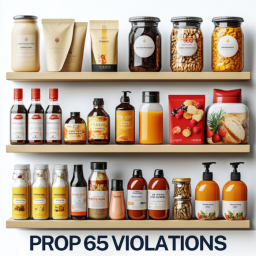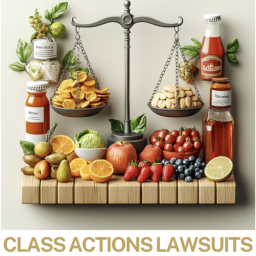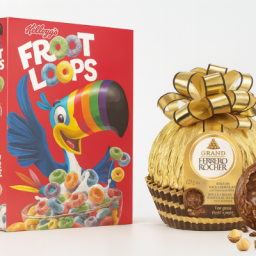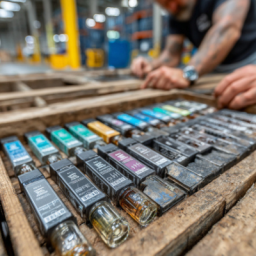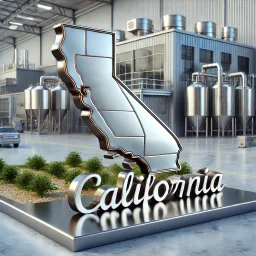
Why did the FDA recall Goodles mac & cheese?
The FDA recall of Gooder Foods’ Goodles brand macaroni and cheese came after undeclared allergens were discovered in two popular products. Specifically:
- “Vegan Is Believin’ – Plant-Based White Cheddar with Spirals” may contain milk despite being sold as vegan.
- “Here Comes Truffle – Creamy Truffle Flavored Cheddar and Shells” may contain cashews, which were not listed on the label.
The risk here is serious. Allergic consumers could face hives, stomach distress, or even life-threatening anaphylaxis. The FDA reported at least eight allergic reactions tied to these products, triggering the recall.
This wasn’t a matter of taste or shelf stability. It was a labeling failure, something every start up CPG brand should pay close attention to.
How did this happen?
Product recalls over allergens often come down to mislabeling or cross-contamination. In this case, a “vegan” product containing dairy is especially concerning. Not only does it create regulatory issues, but it also damages consumer trust.
For food companies, the problem can arise at several points:
- Manufacturing lines: Shared equipment for dairy and non-dairy products without proper cleaning.
- Ingredient sourcing: Suppliers failing to disclose sub-ingredients that contain allergens.
- Packaging and labeling: Mistakes in copy approval or packaging print runs.
Gooder Foods’ recall was tied to production runs from April 7–15, 2025, distributed across retail stores and online platforms. The affected products had best-by dates into July 2026, meaning they would have remained on shelves for more than a year if not caught.
Why are undeclared allergens such a big deal?
The FDA identifies nine major allergens that must always be declared: milk, eggs, fish, shellfish, tree nuts, peanuts, wheat, soybeans, and sesame. Failing to declare even trace amounts can trigger enforcement.
In recent years, undeclared allergens have been one of the leading causes of food recalls in the United States. They’re costly, disruptive, and reputationally damaging. For emerging food brands, one misstep could halt growth overnight.
What start up CPG brands can do to avoid recalls
Recalls aren’t inevitable. With the right safeguards, start up CPG brands can dramatically lower their risk.
1. Audit your supply chain.
Ensure every supplier provides full allergen disclosures. Ask for certificates of analysis and allergen statements, and don’t rely on assumptions about “vegan” or “clean-label” claims.
2. Control cross-contact in manufacturing.
Shared lines must have validated cleaning protocols. Many recalls happen because a single batch wasn’t run through a verified allergen cleaning process.
3. Label with precision.
Even if a product is designed to be vegan, check and recheck that no allergens slipped through in ingredients or processing. Packaging artwork should be reviewed by both legal and regulatory teams before printing.
4. Invest in testing.
Routine allergen swabbing and finished product testing can catch problems before products ship.
5. Have a recall plan.
The FDA expects companies to act fast when an issue arises. Start up CPG brands should establish recall protocols and monitor enforcement actions. A practical tool for this is Juris Law Group’s recall tracker, which compiles FDA and USDA recalls in real time.
What most coverage leaves out: the legal implications
Most news outlets focus on consumer risk, but there’s a bigger legal backdrop:
- Misbranding under the FDCA. Selling a product labeled “vegan” that contains dairy could be seen as misbranding under the Food, Drug, and Cosmetic Act.
- Civil liability. Consumers who suffer allergic reactions may file lawsuits. For food companies, even one incident can trigger class action litigation.
- Retailer relationships. Major chains may cut ties with brands that repeatedly face recalls, seeing them as high-risk vendors.
For start up CPG brands, these aren’t theoretical risks. They’re existential. Losing a key retail account or facing litigation can be devastating in early growth stages.
Could recalls like this be prevented with AI and traceability tools?
An interesting angle not widely covered in media is how technology is reshaping allergen control. Emerging startups and larger manufacturers alike are investing in:
- Blockchain-based traceability to track ingredients across the supply chain.
- AI-driven allergen risk mapping that flags high-risk suppliers or ingredient changes.
- Smart packaging approvals that reduce the risk of sending the wrong artwork to print.
Gooder Foods’ case shows how even a brand marketed as modern, health-forward, and plant-based isn’t immune. In fact, consumers hold such brands to an even higher standard of transparency.
What should consumers do?
If you bought Goodles mac & cheese recently, check the lot codes and best-by dates. The recalled boxes were sold between April and August 2025 with best-by dates in July 2026. You can return them to the store for a full refund.
Consumers with milk or cashew allergies should not consume the products and should seek medical help if they have a reaction.
FAQs
What allergens were involved in the Goodles recall?
Milk (in the vegan variety) and cashews (in the truffle variety) were undeclared, creating serious risks for allergic consumers.
How many people were affected?
At least eight allergic reactions have been reported: two from the vegan box, six from the truffle version.
What is the FDA’s role in recalls?
The FDA oversees and publicizes recalls, but the company usually initiates them voluntarily. The agency ensures consumers are notified and that products are removed from distribution.
What does this mean for vegan products?
Labeling vegan products requires especially rigorous controls. Consumers expect zero animal-based ingredients, and undeclared milk undermines that trust.
Where can I track recalls?
You can use Juris Law Group’s recall tracker for up-to-date FDA and USDA recall alerts.
Final takeaway
The Goodles recall is a wake-up call for the food industry. It shows how quickly trust can erode when product labeling fails, especially for products marketed to health-conscious or allergy-sensitive consumers.
For start up CPG brands, the lesson is clear:
- Build airtight allergen controls.
- Over-invest in labeling accuracy.
- Use recall monitoring tools to stay ahead of risks.
At Juris Law Group, we’ve guided emerging and established food brands through recalls, FDA compliance, and supply chain safeguards. A single mislabeling event can be costly, but with the right legal and operational frameworks, it doesn’t have to end your brand’s momentum.
